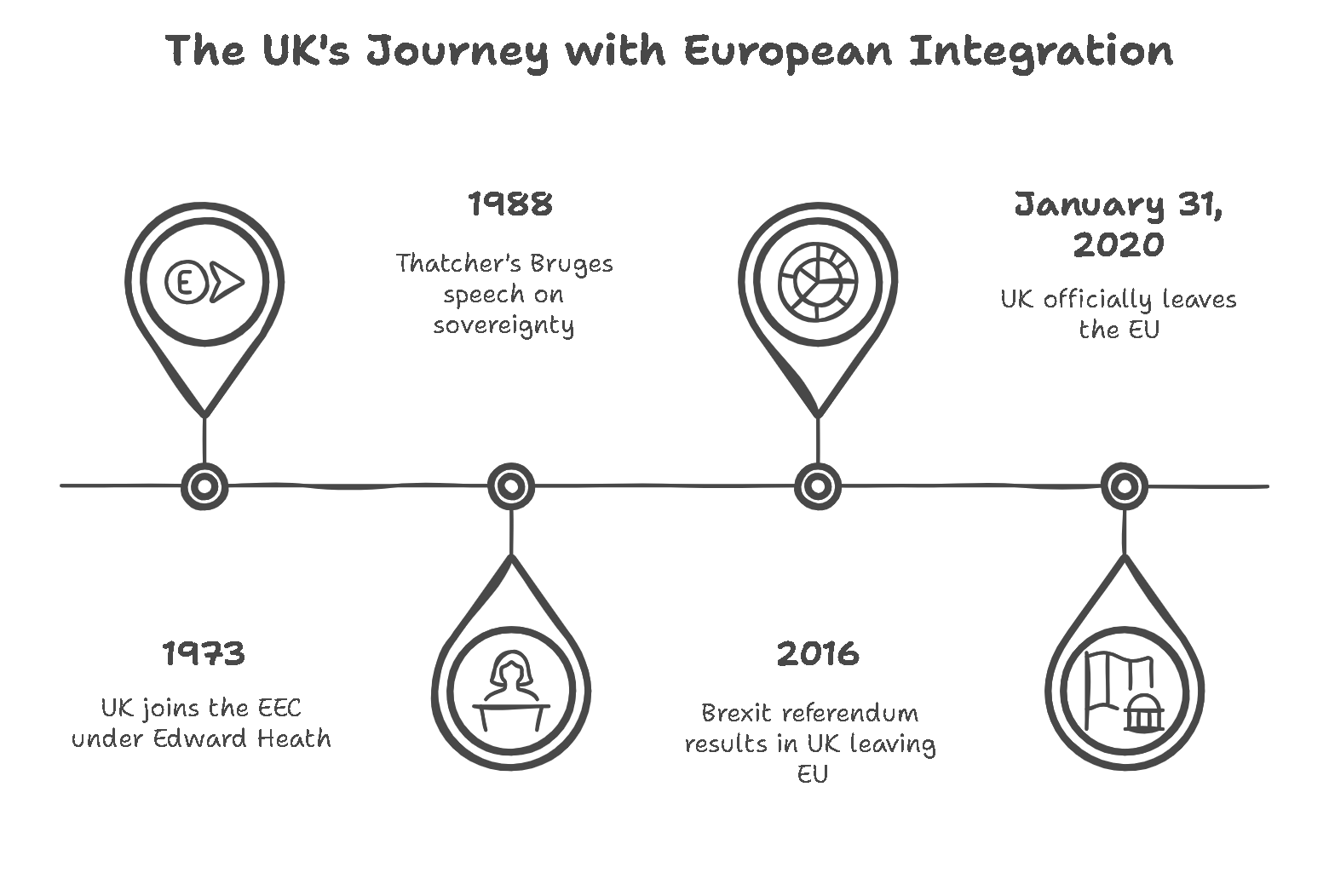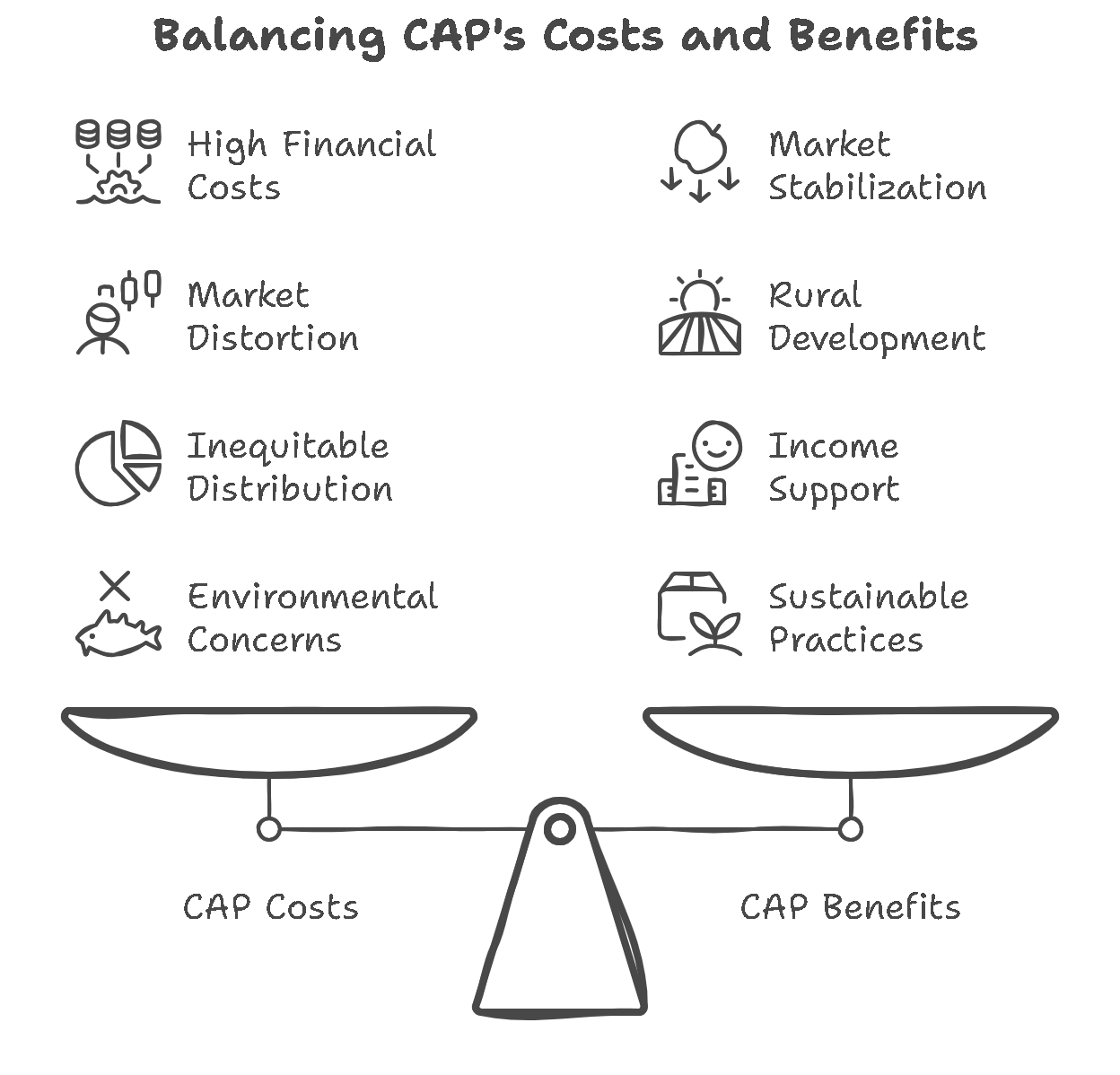-
 Continue reading →: Compare and Contrast Regionalism in South Asia and Europe
Continue reading →: Compare and Contrast Regionalism in South Asia and EuropeRegionalism refers to the process of collaboration and integration among countries within a particular geographic region, typically aimed at enhancing economic, political, and social cooperation. It may manifest in various forms, from free trade agreements and common markets to political unions and security arrangements. The two major examples of regionalism…
-
 Continue reading →: Nature and Objectives of European Union’s Relations with China
Continue reading →: Nature and Objectives of European Union’s Relations with ChinaThe European Union’s (EU) relations with China are of significant importance within the global political and economic context. China, as the world’s second-largest economy and a rising global power, plays a central role in the international system. The EU, as the largest economic bloc and a political entity comprising 27…
-
 Continue reading →: Benefits of Single Currency in the Context of European-Union
Continue reading →: Benefits of Single Currency in the Context of European-UnionThe introduction of a single currency, specifically the Euro, within the European Union (EU) has been a significant step towards economic integration and political cooperation. The single currency, which was officially launched in 1999 for electronic transactions and in 2002 for physical banknotes and coins, aimed to unify the economies…
-
 Continue reading →: Objectives and Mechanism of Common Foreign and Security Policy (CFSP)
Continue reading →: Objectives and Mechanism of Common Foreign and Security Policy (CFSP)The Common Foreign and Security Policy (CFSP) is a critical component of the European Union’s (EU) external action framework. It aims to promote the EU’s interests and values in the global arena through a coordinated approach to foreign policy and security matters. The CFSP is based on the idea that…
-
 Continue reading →: Examine the process and challenges in the enlargement of the European Union.
Continue reading →: Examine the process and challenges in the enlargement of the European Union.The enlargement of the European Union (EU) refers to the process by which new countries join the Union, thereby expanding the EU’s membership and increasing its geographical and political reach. Since its inception, the EU has undergone several enlargements, with the most significant expansions taking place in 2004, 2007, and…
-
 Continue reading →: Britain has been a reluctant participant in the process of European integration.
Continue reading →: Britain has been a reluctant participant in the process of European integration.The process of European integration, culminating in the formation of the European Union (EU), aimed to foster unity, peace, and economic cooperation among European countries in the aftermath of the Second World War. While many European states embraced this vision wholeheartedly, Britain’s relationship with European integration was marked by ambivalence,…
-
 Continue reading →: Bring out the significance of the Amsterdam Treaty in the evolution of the European Union.
Continue reading →: Bring out the significance of the Amsterdam Treaty in the evolution of the European Union.The Amsterdam Treaty, formally known as the Treaty of Amsterdam, was signed on October 2, 1997, and came into force on May 1, 1999. It represented a crucial step in the ongoing process of European integration and was a significant milestone in the evolution of the European Union (EU). The…
-
 Continue reading →: Describe powers and functions of the European Commission.
Continue reading →: Describe powers and functions of the European Commission.The European Commission is one of the central pillars of the European Union (EU) and plays a critical role in the Union’s institutional framework. As the executive arm of the EU, the Commission is tasked with implementing policies, ensuring compliance with EU laws, and representing the EU’s interests both internally…
-
 Continue reading →: Examine the role of the Euro in the world economy and its implications for India.
Continue reading →: Examine the role of the Euro in the world economy and its implications for India.The Euro, the official currency of the Eurozone, comprising 20 out of the 27 European Union (EU) member states, has established itself as one of the most important currencies in the world, alongside the U.S. Dollar. Introduced in 1999 as an electronic currency and in 2002 as banknotes and coins,…
-
 Continue reading →: Describe the procedures for decision-making in EU and its institutions.
Continue reading →: Describe the procedures for decision-making in EU and its institutions.The decision-making process within the European Union (EU) is designed to reflect the balance between supranational and intergovernmental elements of the Union. It involves multiple institutions working together to enact legislation, implement policies, and uphold the rule of law within the member states. The principal institutions involved in EU decision-making…
-
 Continue reading →: UK’s Approach to the Question of European Unity
Continue reading →: UK’s Approach to the Question of European UnityThe United Kingdom has had a complex and often ambivalent relationship with the idea of European unity. While the UK has been an active member of several European institutions, including the European Economic Community (EEC) and the European Union (EU), its commitment to the project of European integration has always…
-
 Continue reading →: Benefits and Costs of Common Agricultural Policy (CAP)
Continue reading →: Benefits and Costs of Common Agricultural Policy (CAP)The Common Agricultural Policy (CAP) is one of the cornerstone policies of the European Union (EU), designed to support agriculture, rural development, and food security across the member states. Since its inception in 1962, CAP has undergone several reforms, but its core objectives have remained largely the same: to increase…
WELCOME!
Yearly Archive
Categories List
- biodiversity
- Canada
- culture
- democracy
- economy
- European Union
- ignou
- india
- International Relations
- nature
- news
- political-philosophy
- political-science
- sustainability
- Uncategorized
- UPSC
Tag Cloud
agriculture ai business Canada china climate climate-change conservation diversity ethics european-union farming feminism finance gandhi health history ignou india KNOWLEDGE liberty mahatma-gandhi marxism nationalism nonviolence philosophy political-philosophy political-science political-theory politics poverty PSC religion renewable-energy russia socialism sociology sustainability sustainable-agriculture sustainable-living technology terrorism travel UPSC women
Term List
- africa
- agriculture
- ai
- aristotle
- bangladesh
- bjp
- business
- Canada
- china
- christianity
- climate
- climate-change
- conservation
- critical-theory
- digital-marketing
- diversity
- ecology
- elections
- ethics
- europe
- european-union
- faith
- farming
- fascism
- featured
- feminism
- feminist
- finance
- frankfurt-school
- freedom
- fundamentalism
- gandh
- gandhi
- gardening
- gender
- gender-equality
- global-warming
- government
- health
- herbs
- history
- human-rights
- ignou
- india
- inequality
- intellectual-property
- italy
- karl-marx
- KNOWLEDGE
- language
- law
- learning
- lenin
- liberty
- lifestyle
- linguistics
- mahatma-gandhi
- marx
- marxism
- mental-health
- MPS
- multicultural
- multiculturalism
- nationalism
- natural-remedies
- nonviolence
- organic-farming
- patents
- philosophy
- political-philosophy
- political-science
- political-theory
- politics
- pollution
- poverty
- PSC
- recycling
- religion
- renewable-energy
- russia
- socialism
- sociology
- soviet-union
- spirituality
- sustainability
- sustainable-agriculture
- sustainable-living
- teaching
- technology
- terrorism
- trademarks
- travel
- UPSC
- water
- water-conservation
- wellness
- wildlife
- women
- women-empowerment





